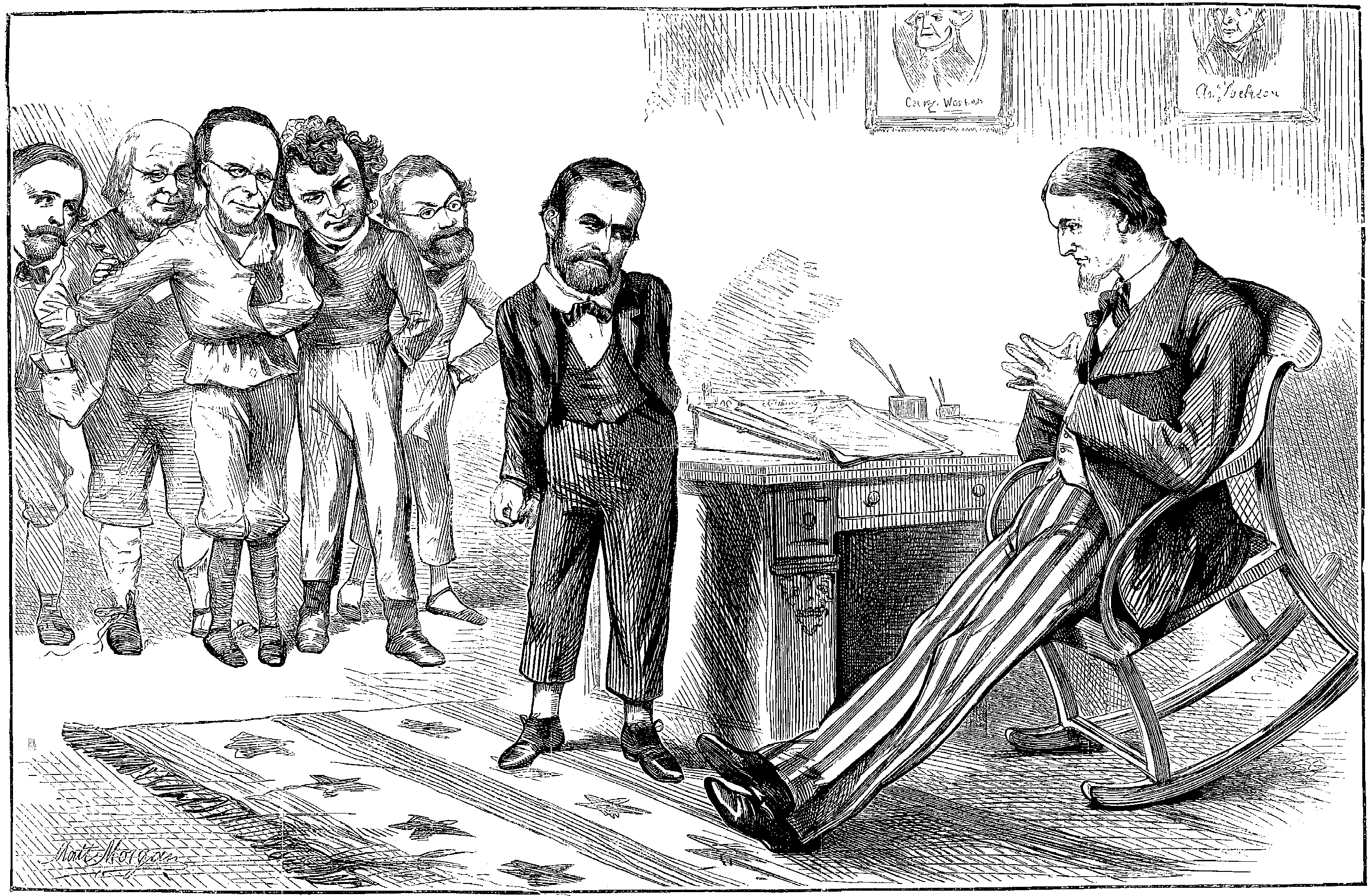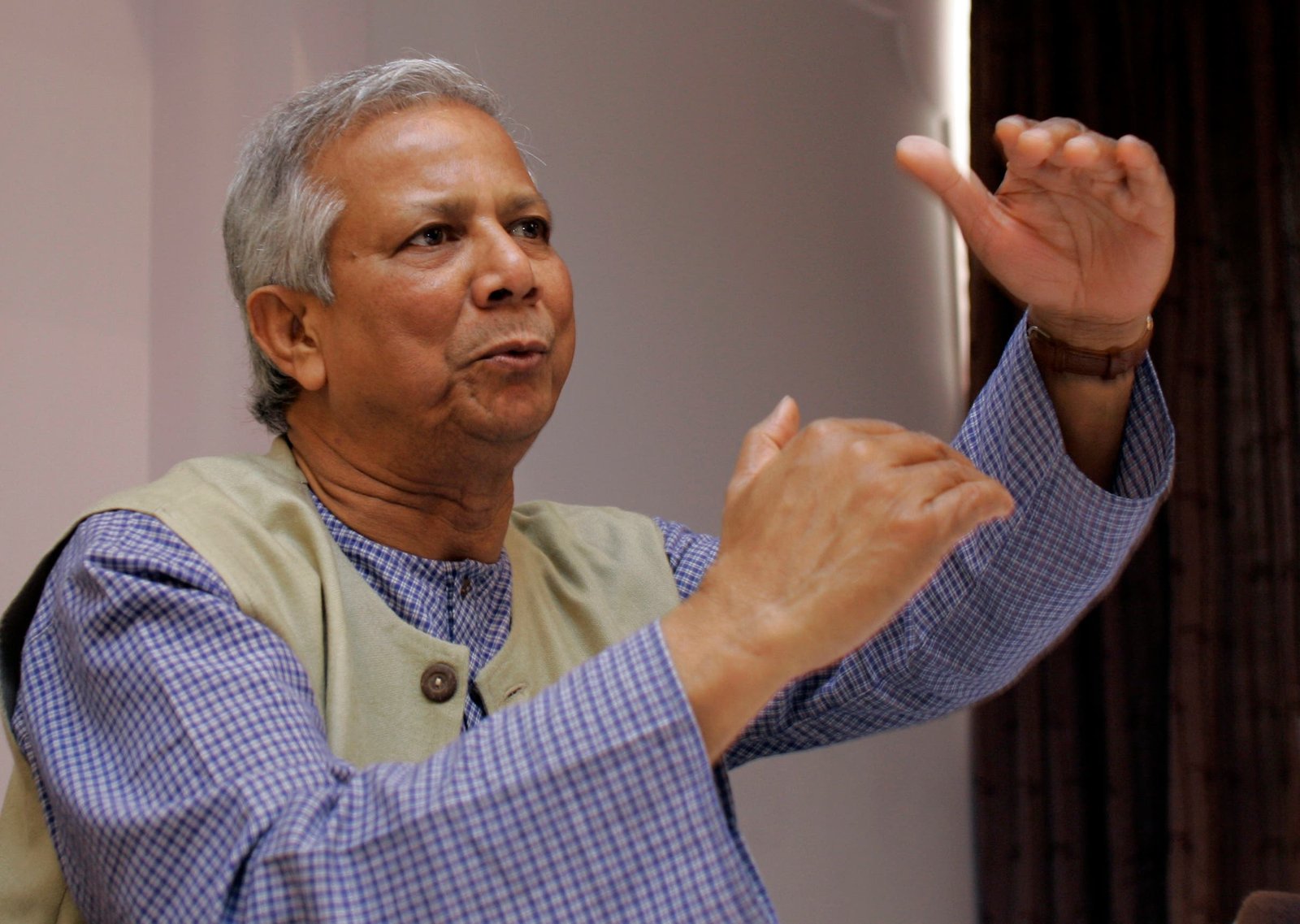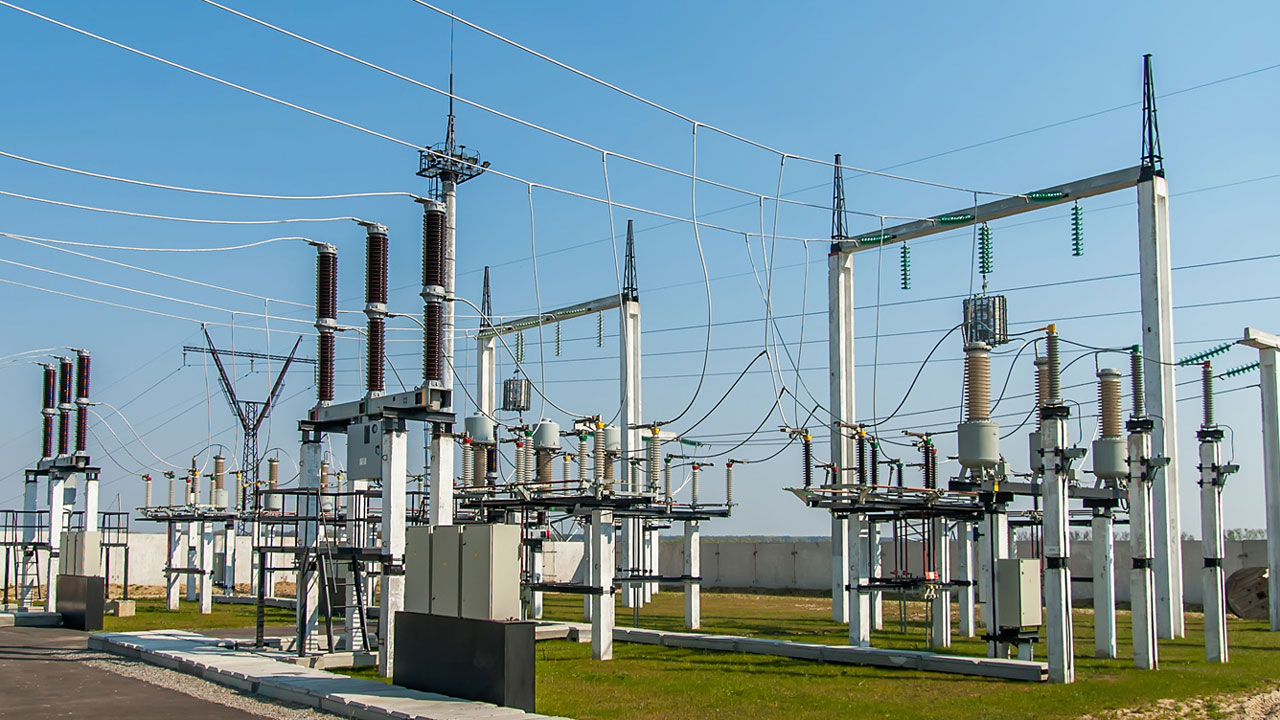Tariq Mahmood Awan
Honor is a concept that has multiple definitions and interpretations, depending on the context and perspective. Honor is the quality of being honest, respectful, and loyal to oneself and others. It is also the recognition and admiration for accomplishments, virtues, and character. Honor is a moral code that guides one’s actions and decisions and is a source of pride and dignity. Euphemistically, honor is the glow that shines from within, illuminating one’s path and inspiring others. It is also the shield that protects one from the darkness of dishonor, shame, and guilt. Sense of honour is a gift one bestows upon oneself and others and a commitment one fulfills with grace and courage.
Culturally, honor is the bond that connects one to their family, community, and nation. It is also the legacy one leaves behind for their descendants, history, and future. Honor is a tradition one inherits, preserves and contributes to the common good and collective identity.
Instinctively, honor is the instinct that drives one to do what is right, fair, and noble. The emotion also fills one with joy, gratitude, and fulfilment. Honor is a natural impulse one follows and trusts and a reward one earns and enjoys.
Humanely, honor is the respect one shows to all living beings, regardless of their differences or similarities. It is also the compassion that one feels for those suffering or in need. Honor is a universal value one upholds, promotes, and builds a bridge between oneself and others.
Honor is a significant value for humans in all aspects of their life, as it affects their personal, social, and professional well-being. Honour influences one’s self-esteem, self-confidence, and self-worth. It helps one develop a positive and realistic self-image and a sense of purpose and direction. Honour also motivates one to pursue their goals, overcome their challenges, and grow as a person. It can enhance one’s happiness, fulfilment, and peace of mind.
Honour shapes one’s relationships, interactions, and communication with others. It enables one to establish trust, respect, and cooperation with others and avoid conflict, misunderstanding, and resentment. Honour also fosters one’s sense of belonging, acceptance, and appreciation by others. It can improve one’s social skills, network, and support system.
Furthermore, honour impacts one’s performance, productivity, and reputation in one’s work or career. It empowers one to demonstrate competence, integrity, and excellence in tasks, projects, and responsibilities. Honour also creates opportunities for recognition, advancement, and leadership in their field or industry. It can boost one’s career prospects, achievements, and satisfaction.
Honour is a way of life and a poetic and aesthetical justice to humans. Men of honours are instinctively leaders and become a source of inspiration for the generations. Men of honours are central to the cause of society and a beacon for the development of values and worth. A life of honour is unique swag transcending all other emotions and gains.
The trait of honour is an integral part of humans irrespective of culture or profession. Honour is equally critical for Civil servants, the most successful and influential cadre in countries like Pakistan. They are the spine of the public administration, executive, and political governance domains. They are responsible for implementing the policies and programs of the government, delivering public services, and ensuring good governance. Consequently, civil servants must be men of honour who uphold the core values of integrity, honesty, objectivity and impartiality, professionalism, competence and accountability. However, the governance system in Pakistan is challenging. There is a struggle for the rule of law, merit and transparency. Institutional over-lapping is rampant. Then, civil servants in Pakistan love perks and privileges and are always ready to sell their souls to multiple devils, except a few. Accordingly, the scope of honour becomes very narrow for thriving civil servants in Pakistan.
Please subscribe to the monthly magazines of republicpolicy.com
Apart from the insatiable lust of civil servants in Pakistan, there are serious societal, administrative and cultural challenges in the governance system in Pakistan. Nepotism is the practice of favouring relatives or friends over merit in appointments, promotions, or benefits. It undermines the principle of fair and open competition, which is essential for ensuring the quality and efficiency of the civil service. It also erodes the trust and confidence of the public in the civil service, as well as the morale and motivation of other civil servants who are deprived of equal opportunities. Civil servants who are men of honour should resist nepotism and report any instances to the appropriate authorities, if any. They should also adhere to the Civil Service Code, which prohibits them from manipulating their official position to influence decisions in favour of themselves or their relatives or friends. However, this has yet to be the case in the civil service in Pakistan, where most civil servants are on a plundering spree without conscientious or honourable reflections.
Civil service in Pakistan imbibes multiple types of pressures. Pressure is the influence or coercion exerted by external or internal forces on civil servants to act in a certain way or to achieve a particular outcome. It can come from various sources, such as politicians, superiors, subordinates, peers, interest groups, influentials, media, or public opinion. It can challenge the independence and impartiality of civil servants, as well as their ability to exercise their professional judgment and discretion. Civil servants who are men of honour should withstand pressure and maintain their integrity and objectivity. They should also seek guidance and support from their seniors or colleagues when faced with difficult or conflicting situations. But, it rarely happens in civil service in Pakistan.
Civil service in Pakistan is a bastion of personal and collective interests. Interests are the personal or professional benefits or advantages that civil servants may seek or obtain from their work or position. They can include financial gains, career prospects, social status, recognition, or influence. They can conflict with the public interest or the interest of the government, which civil servants are supposed to serve and represent. They can also compromise the honesty and loyalty of civil servants, as well as their commitment to public service. Civil servants who are men of honour should prevent any interests affecting their work or decision-making and avoid any actual or potential conflicts of interest. They should also avoid accepting gifts or favours that may influence their conduct or judgment. Civil Servants are not money-makers or power grabbers.
Please, subscribe tot he YouTube channel of republicpolicy.com
Civil service in Pakistan is known for its perks and privileges. Perks and privileges are the dues or benefits that civil servants may enjoy or claim by virtue of their work or position. They can include allowances, facilities, exemptions, immunities, or honours. They can enhance the welfare and dignity of civil servants, as well as their capacity and performance, if not plundered by a few. However, they can also create a sense of entitlement or superiority among civil servants, who may abuse or misuse them for personal gain or advantage. They can also alienate or antagonize the public, who may perceive them as unfair or excessive. Civil servants who are men of honour should use their perks and privileges responsibly and appropriately and not exploit them for selfish or improper purposes. But, it only happens sometimes in the civil service in Pakistan.
Then, these are the personal choices of civil servants to do their job with honour or without it. Do they challenge the culture of sadism, snatching or foul play? Importantly and subjectively, a civil servant’s life without honour and integrity is uncalled for. A civil servant who is always ready to break the law, exploit the resources and position, and become a devil’s advocate and tool for tyranny is neither civil nor servant. He is neither a civil servant of honour nor a man of honour. Men of honours are always men of principles, compasses and values.
















































